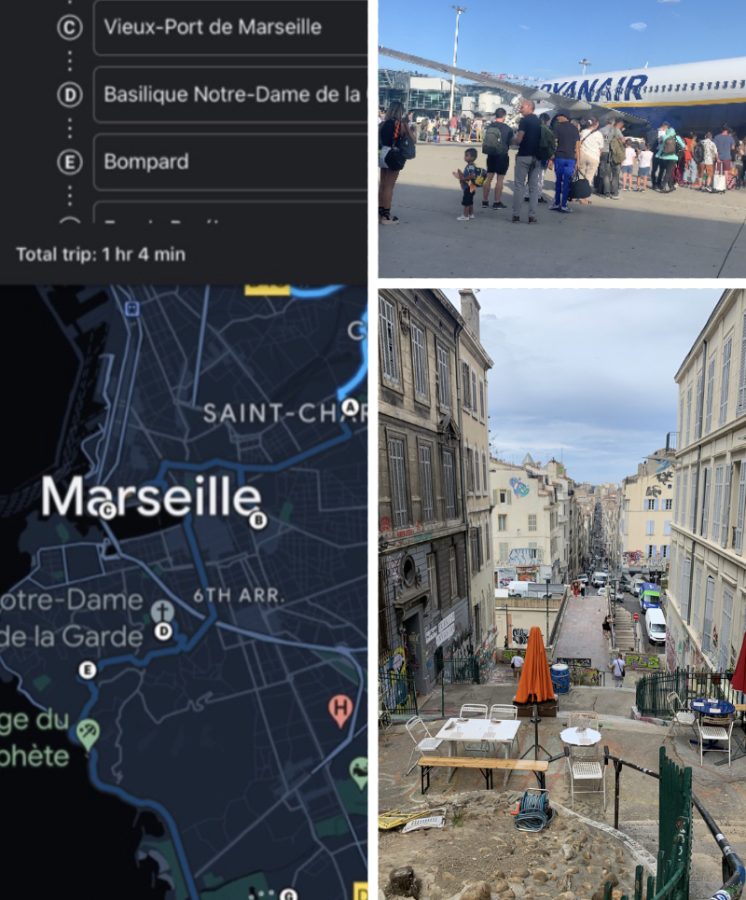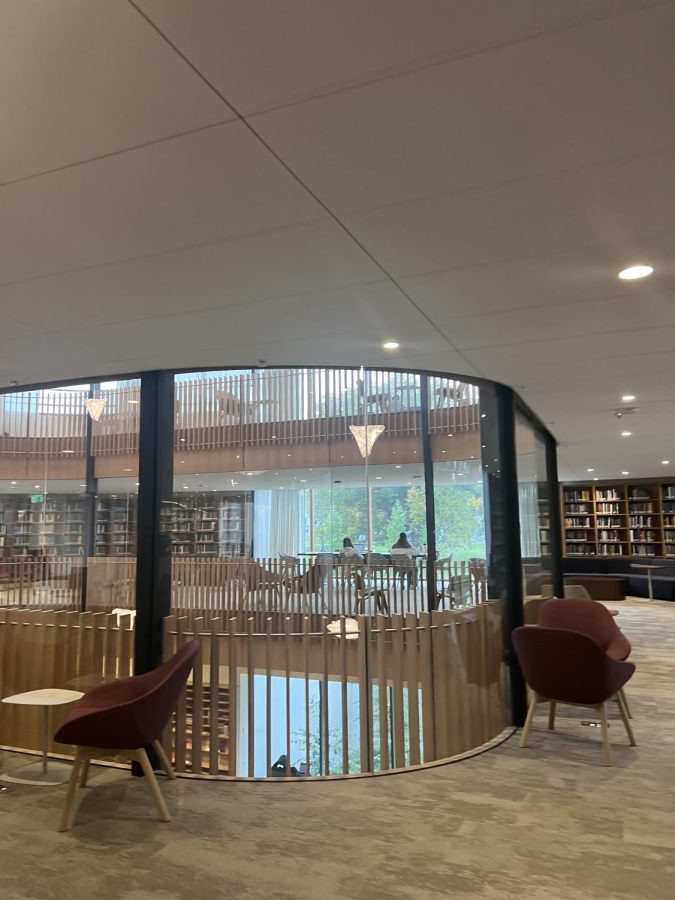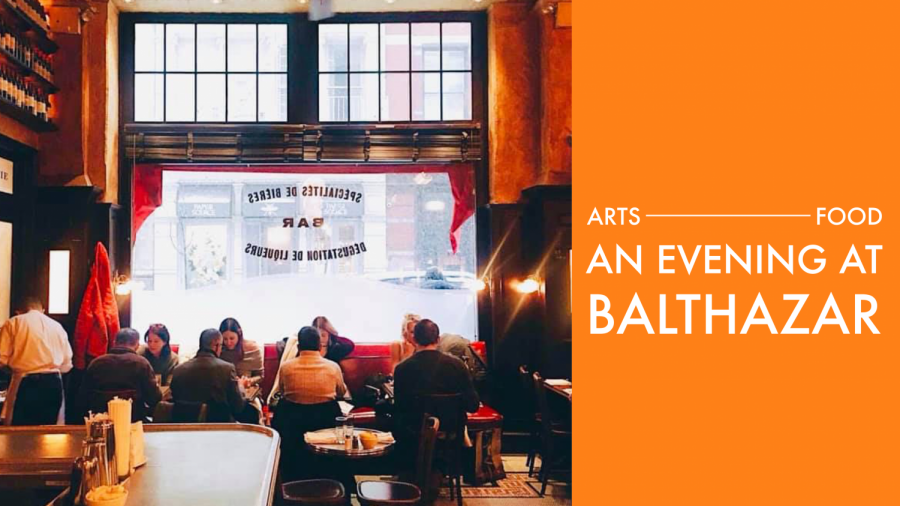
I now understand what it means to be an American traveler in a foreign country.
It means often being the conversation-starter, and starting every conversation with “I’m sorry but I don’t speak (insert language). Do you by any chance speak English?”
I will be the first to admit that there are many American travelers who do not have this problem. They will from here on out be referred to as the good travelers, who learned the language of the country they planned on going to and had a plan. But I am not one of these aforementioned travelers. I am a bad traveler.
I do not speak a word of Dutch or Norwegian, and the extent of my French is bonjour and merci; yet I decided to spend a week traveling in the Netherlands, Norway and France. My research for the trip – which was minimal at best – fell apart when my travel companion couldn’t accompany me at the last second. And, I knew nothing about the culture in advance. Lucky for me, people are generally kind and generally speak English.
As soon as I stepped foot off my flight the “do you speak English” conversation started. My iPhone – which my mother and I thought we had arranged to have service in Europe – in fact did not have service in Europe. So my plan to Google my way through the airport and to call the people I was meeting once I had a train ticket went out of the window.
The first “do you speak English” conversation was with an airport security person, when I was trying to figure out where I could buy train tickets. That one was easy, as I am sure he gets asked the question a lot. The second one was with a slightly irked train ticket salesman. The third was with some nice man outside the train, as I tried to figure out if I was in the right place and how in the world to read my train ticket.
I think it is worth noting that ever since kindergarten I have dismally failed at public transportation. During my first day of kindergarten in a new town, I got off the bus at the wrong school. In middle school, I once got on the wrong bus after school and ended up at the bus station. In college, I have ended up on the wrong bus or wrong stop more times than I can count.
So looking at the Dutch ticket, I was more than a little lost and extremely thankful for the kind man who made sure I got on the right train.
Then I had to transfer, and of course, read the ticket wrong. Instead of walking to the platform where my next train was coming to, I waited at the platform I got off, misreading the ticket and thinking that that was the place where the train was coming to. It wasn’t and thus I missed my train. I’m just lucky I didn’t get on the wrong train, and that there was another train to my destination that arrived at the station about 30 minutes later.
Ironically, when I got to the right platform, I somehow switched from the confused tourist persona to the “I’m a local, ask me questions persona.” The first time someone asked me a question, I was so surprised I responded with, “I’m sorry I only speak English.” She had, of course, asked me the question in English. The next people who asked me – a mother and daughter – quickly realized that I was more lost than them.
They then adopted me as a third travel companion, shepherding me through a sprint to change rail cars that I never would have known about if they didn’t understand French.
Even when I arrived at my destination – Maastricht – and with my travel companions who had been in the city for a while, the “I’m sorry, do you speak English” question was still important. Otherwise, you won’t find places or items in stores, and you certainly won’t be able to order off the menu.
But that is what it is to be a (bad) American tourist: A constant quest for the kindest English speaking person.
Katie Landeck can be reached at [email protected].


















